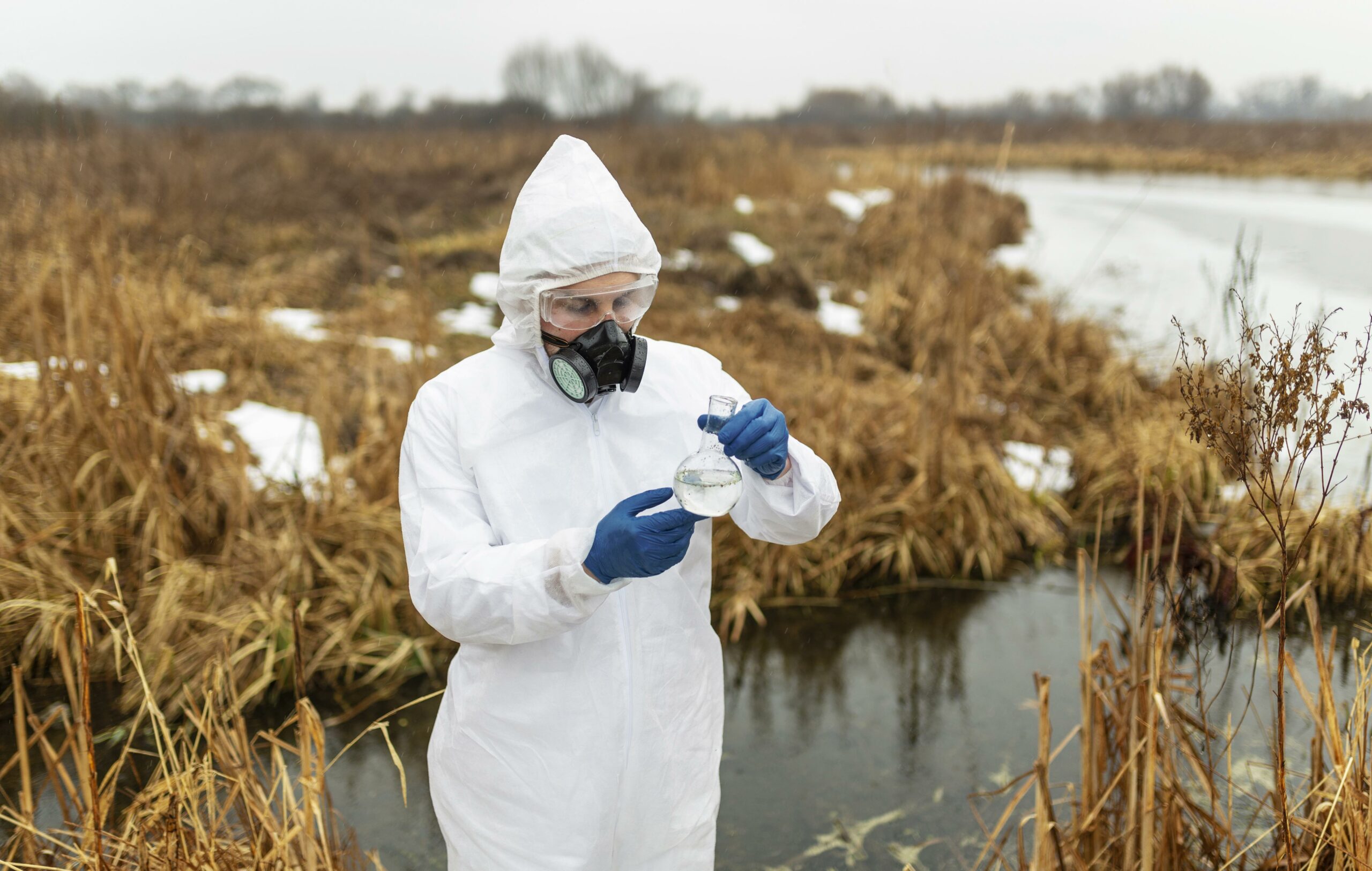Estimated reading time (in minutes)

For several years controversies have arisen as to the effects of the use of weedkillers, in particular Roundup, well known to farmers and even Sunday gardeners. The increasing number of lawsuits aim to demonstrate the dangerousness of the glyphosate contained in large quantities in these products in particular.
In the United States, the judges did not hesitate to heavily condemn the company Mossanto, owned by the giant Bayer since June 2018. Indeed, last March a man received no less than 81 million dollars. The Californian judges ruled in favor of this plaintiff who demonstrated that he had developed blood cancer because of the repeated use for more than 20 years of the weedkiller in his garden. Bayer has appealed this decision, but this is not the first time that American judges have recognized this responsibility for this manufacturer. An American court has just condemned Mossanto, in 2019, to pay 2 billion in damages. The company obviously appealed against this very severe sentence.
From birth he had to be operated on because of various malformations including the esophagus. Since his birth he will have been operated on more than fifty times and his life is very complicated. Her mother used the famous weedkiller at the very beginning of her pregnancy (while she was unaware of it), which would have caused the malformations on the fetus. Emmanuel Macron has pledged to eliminate glyphosate in France by 2021, a difficult challenge to meet according to specialists, particularly in the field of agriculture, which uses this product massively. Hopefully healthier alternatives will be found soon.
In France, in 2018, two parents sued the same company to have its responsibility recognized for the malformations suffered by their son, now 11 years old.
Serious legal consequences in the United States: Monsanto’s liability and damages
The impact of glyphosate goes beyond individual health issues. There have been cases where the use of the herbicide during pregnancy has led to serious deformities in children. One such case involves a child who underwent over fifty surgeries due to various malformations, including esophageal complications. The child’s mother had unknowingly used the weed killer early in the pregnancy, which allegedly contributed to fetal malformations. In France, President Emmanuel Macron has pledged to phase out glyphosate by 2021, although experts anticipate significant challenges, particularly within the agricultural sector, which relies heavily on this product. The hope is that safer alternatives will be developed and implemented in the near future.
Birth Defects and Glyphosate: Lawsuits and Liability Pursuit
In 2018, another complaint was filed in France by two parents seeking to hold the same company to account for the malformations suffered by their 11-year-old son. The lawsuit seeks to establish Monsanto’s liability for the child’s birth defects. These cases highlight growing public concern about the potential risks associated with glyphosate-based herbicides and the need for manufacturers and regulators to prioritize human health and safety.
The controversies surrounding weed killers and glyphosate highlight the importance of rigorous scientific research, regulatory review and consumer education. As legal battles continue, it remains crucial for governments, manufacturers and individuals to strive to better understand the potential harms associated with these products and explore viable alternatives that prioritize both control effective weed control and human well-being .
